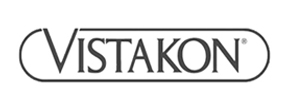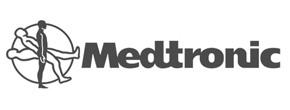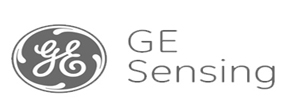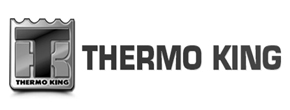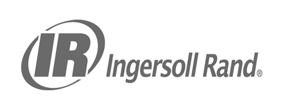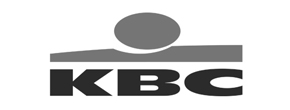In Ireland and the UK, regulations regarding suds (sustainable urban drainage systems) aim to mitigate flooding, improve water quality, and promote sustainable development. The implementation of suds is typically guided by legislation such as the Planning and Development Act and associated guidelines provided by the Environmental Protection Agency (EPA) and local authorities.
Rainwater recovery can complement suds regulations by providing an effective means of managing stormwater on-site. Here’s how:
Reducing Surface Runoff:
Rainwater recovery systems collect rainwater from roofs and other surfaces, reducing the volume of runoff that enters drainage systems and potentially overloading them during heavy rainfall events.
Multi-unit developments:
Rainwater recovery systems collect rainwater from roofs and other hardstanding / non permeable surfaces. The reuse of this recovered rainwater in the house removes it from the overall site attenuation requirements thus reducing attenuation tank size required this in itself can facilitate need housing in a high-pressure area.
Carbon Credits:
Calculating Carbon Emissions Reduction: Once the water savings are quantified, the next step is to calculate the associated reduction in carbon emissions. This involves assessing the energy and resources saved by using less water. For example, pumping and treating water require energy, so reducing water consumption can lead to lower energy use and hence reduced carbon emissions
Conservation of Water Resources:
By recovering rainwater, property owners can reduce their reliance on mains water for activities such as irrigation, toilet flushing, and cleaning. This helps conserve potable water resources, particularly during periods of drought or water scarcity.
Flood Mitigation:
Rainwater recovery can help alleviate the strain on drainage systems by capturing and storing rainwater for later use. This can reduce the risk of localised flooding by slowing down the rate at which water enters watercourses and drainage networks.
Water Quality Improvement:
Rainwater is typically free from the pollutants found in surface runoff, making it suitable for potable and non-potable uses. By diverting rainwater away from paved surfaces and into storage tanks, rainwater harvesting can help improve overall water quality.
Compliance with Regulations:
Incorporating rainwater recovery systems into development projects can help developers meet suds requirements set out by local authorities and regulatory bodies. This demonstrates a commitment to sustainable water management practices and environmental stewardship.
However, it’s essential to ensure that rainwater recovery systems are designed and installed correctly to maximize their effectiveness and compliance with regulations. This may involve considerations such as system sizing, water quality treatment, maintenance requirements, and integration with existing infrastructure. Additionally, developers and property owners should familiarise themselves with relevant planning and building regulations to ensure compliance throughout the design, installation, and operation of rainwater recovery systems.
To discuss your requirement, please don’t hesitate to contact One Eight on 067 53886 or info@OneEight.ie


